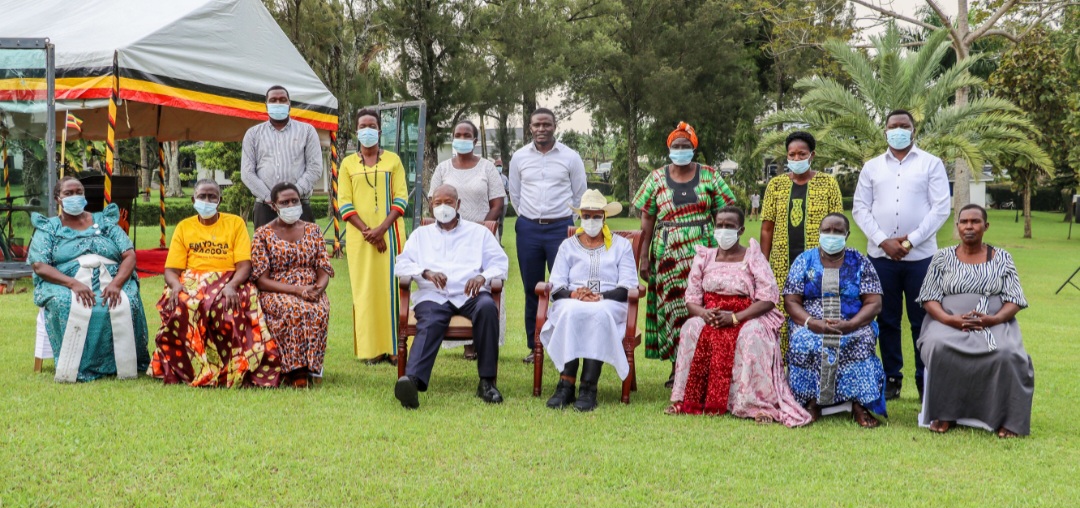At the TotalEnergies CHAN 2024 tournament hosted in Uganda, Kenya, and Tanzania, the spotlight wasn’t just on the pitch. During Uganda’s thrilling 3-3 draw with South Africa on August 19, 2025, at Mandela National Stadium, fans turned heads with customized jerseys emblazoned with bold, often risqué slogans.
Phrases like “AVOID POOR WOMEN,” “ZERO MILEAGE,” “I MISS SEX,” and “LEVIXONE GO DANCE DAY ANIMAL” went viral on social media, sparking global amusement and debate. These aren’t mere jokes; they carry undertones of sexual frustration, desire, and social commentary, prompting a deeper question: Is Ugandan society sexually starved, repressed by cultural norms and laws, or is it buzzing with activity, using football as a liberated outlet? The slogans, photographed amid cheering crowds, blend humor with explicit themes. “ZERO MILEAGE” implies virginity or low sexual experience, while “I MISS SEX” screams longing.
In a country where public discourse on sex is often taboo, these displays challenge stereotypes of Ugandan conservatism. Uganda’s strict anti-homosexuality laws, including the 2023 Anti-Homosexuality Act, reinforce a narrative of sexual repression, especially for non-heteronormative expressions. Yet, heterosexual activity thrives.
According to the 2016 Uganda Demographic and Health Survey, nearly 70% of 19-year-olds have had sexual intercourse, with early debut common—10.3% of girls aged 15-19 initiated sex by then. A 2021 study in refugee settings found 25% of adolescents sexually active, while urban youth report high risky behaviors, including multiple partners. This duality suggests a society that’s sexually active but starved of open dialogue.
High HIV rates—Uganda has over 1.4 million people living with HIV—and unmet contraceptive needs (32% among unmarried women) indicate frequent activity amid barriers like poverty and limited education. Cultural scripts emphasize faithfulness, but studies show gendered interpretations:
Men often view “faithfulness” without exclusivity, leading to extramarital affairs. Among university students, 37% of males and 49% of females remain virgins, but those active report casual encounters influenced by peers.
Football fans seem to lead this expressive pack. Sports events, like CHAN 2024, offer rare spaces for unfiltered commentary, echoing African traditions of creative fandom seen in Nigeria’s 1990s Super Eagles jerseys. In Uganda, where government crackdowns limit dissent, these jerseys might vent economic stress (poverty rose 20% since 2020) and sexual tensions.
A 2023 University of Nairobi study notes 68% of East African youth use humor to cope, turning stadiums into forums for taboo topics.
Are these fans starved, bursting repressed desires in a conservative society? Or active, flaunting vitality in a hyper-sexualized undercurrent? The jerseys highlight resilience, but also risks—high teen pregnancies and STIs suggest activity without support. As CHAN continues, perhaps football isn’t just a game; it’s a mirror to Uganda’s sexual soul, begging for more open conversations.
Do you have a story in your community or an opinion to share with us: Email us at Submit an Article









